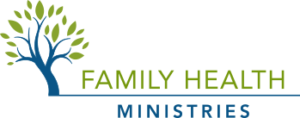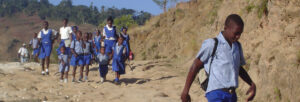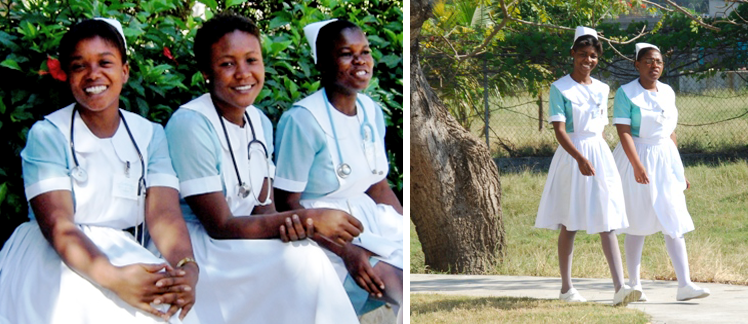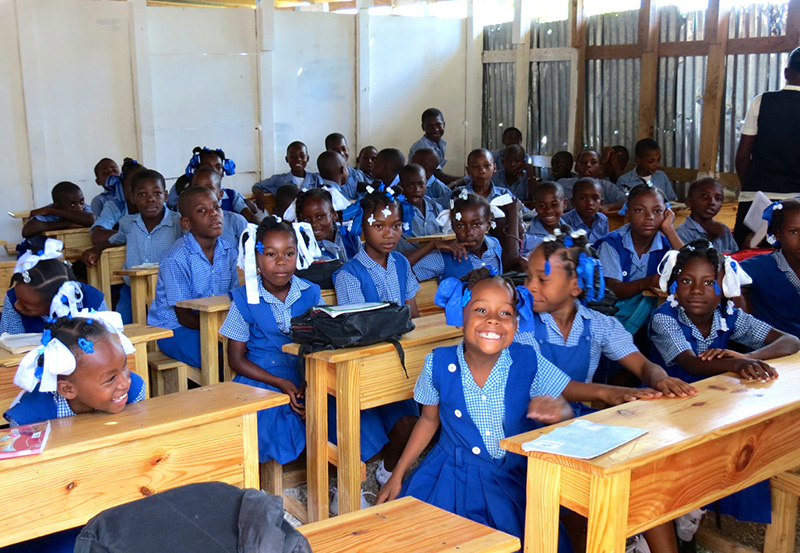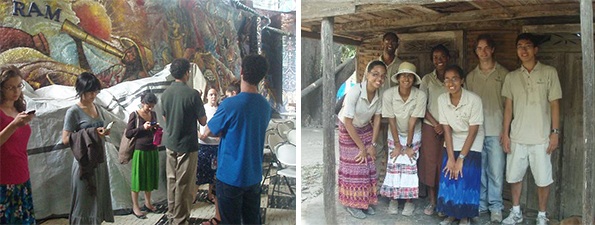Education
“Education is the most powerful weapon you can use to change the world.” Nelson Mandela
Haiti’s literacy rate of about 53% (55% for males and 51% for females) is below the 90% average literacy rate for Latin American and Caribbean countries. The country faces shortages in educational supplies and qualified teachers, and its rural population remains underrepresented in many of the country’s school classrooms. As a result, the funding and support of private sector organizations, like Family Health Ministries, has become a substitute for governmental public investment in education.
Family Health Ministries is committed to improving the opportunity for education in Haiti through the following programs:
FSIL Nursing School
We partner with FSIL nursing school, an institution committed to training skilled healthcare professionals– many of whom go on to work at our clinic.
Saint Antoine School in Fondwa
We proudly support students at a local K-12 school, providing children the opportunity for quality education, growth, and hope for a brighter future.
University Student Programs
In partnership with the Duke Global Health Institute, we provide research and service opportunities in Haiti to undergraduate, graduate, and medical students.
